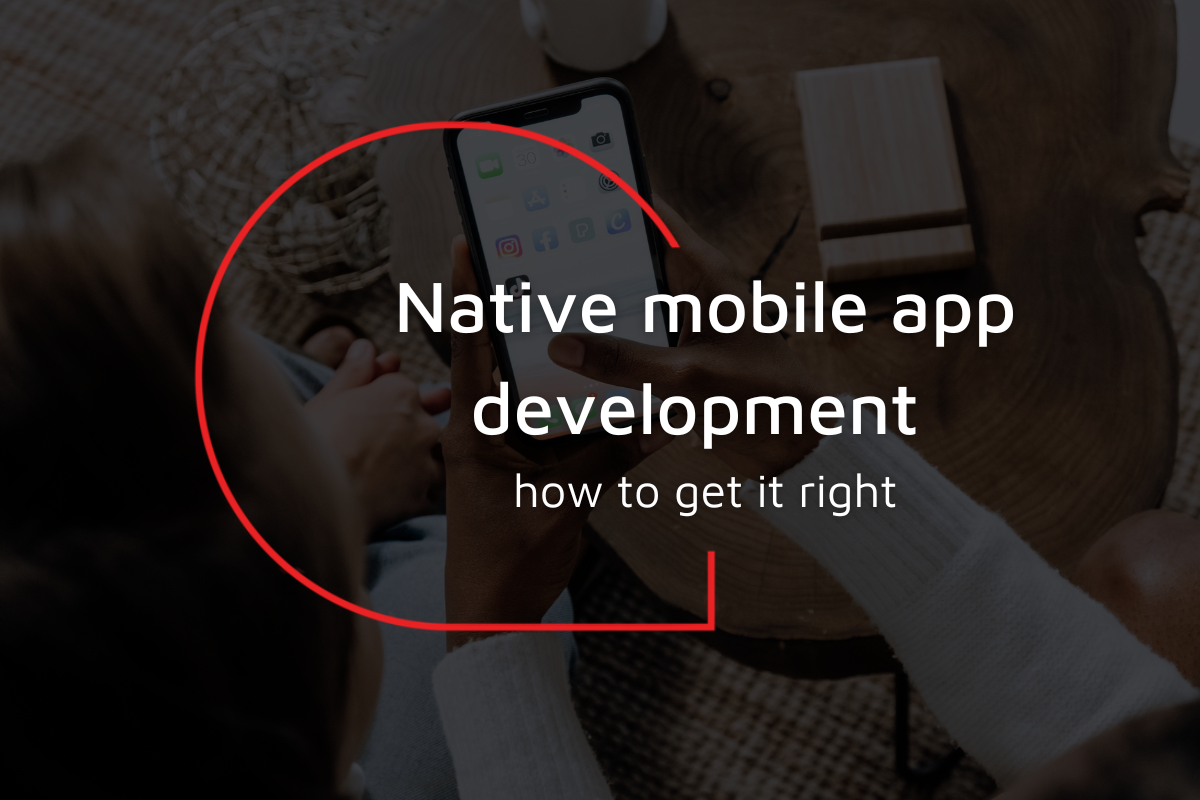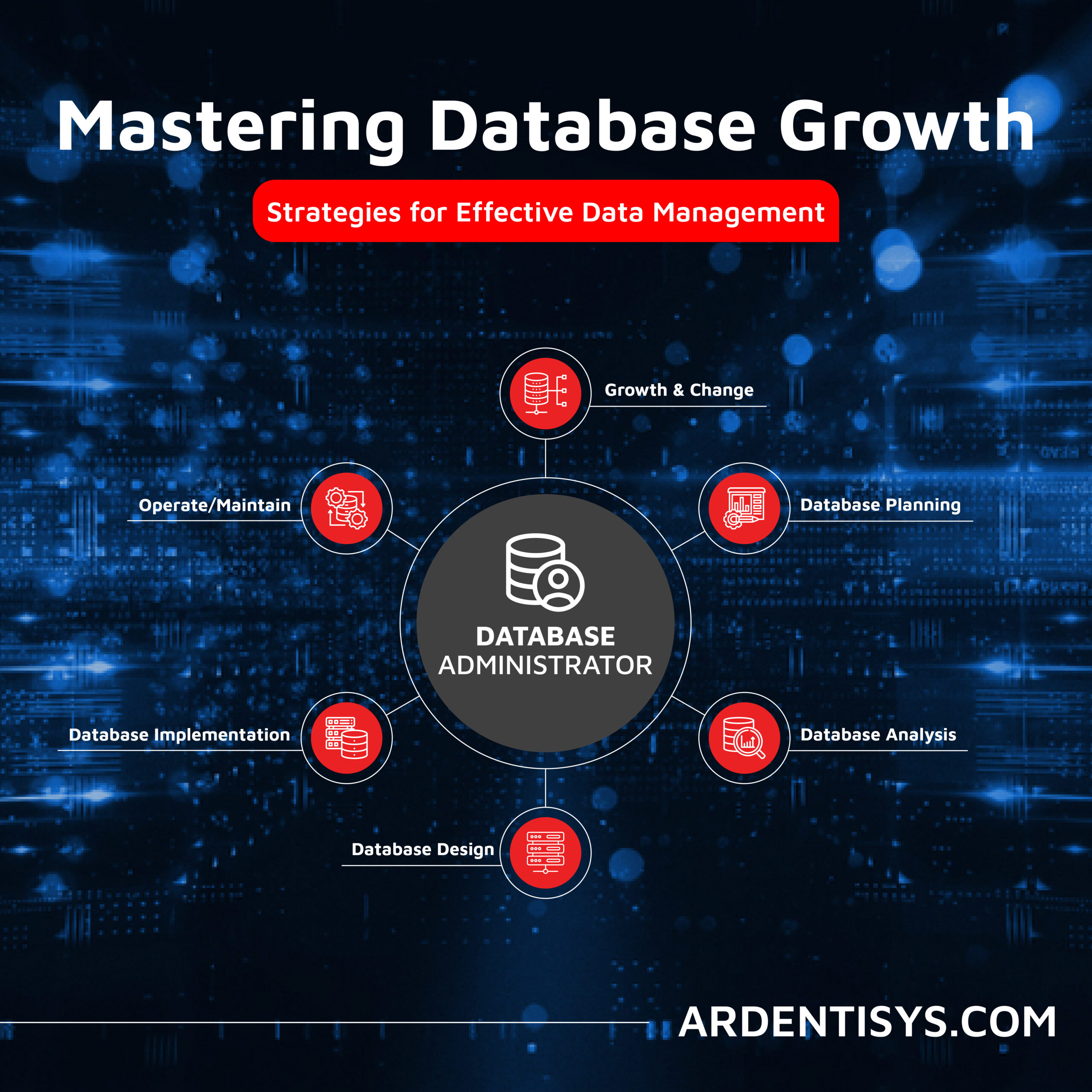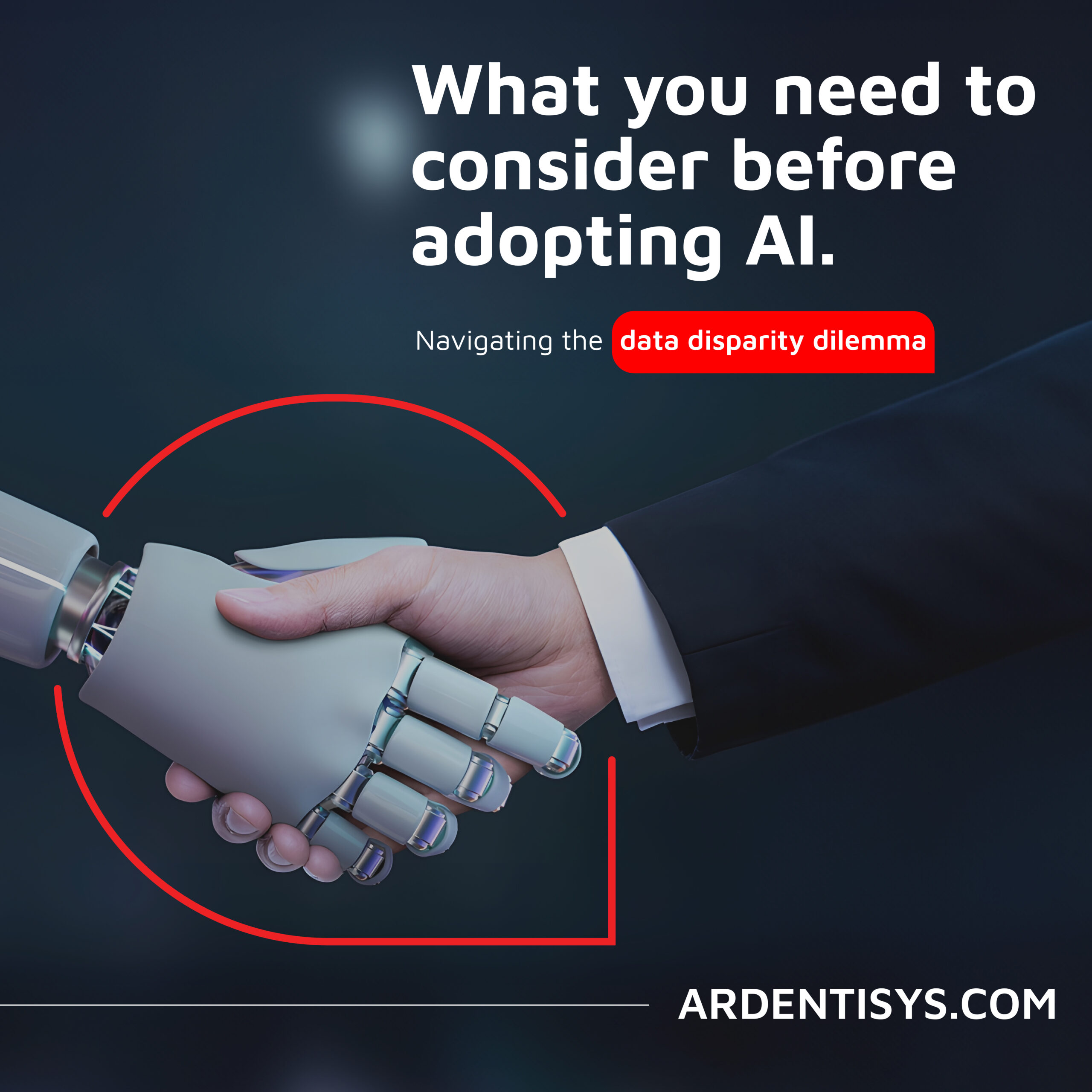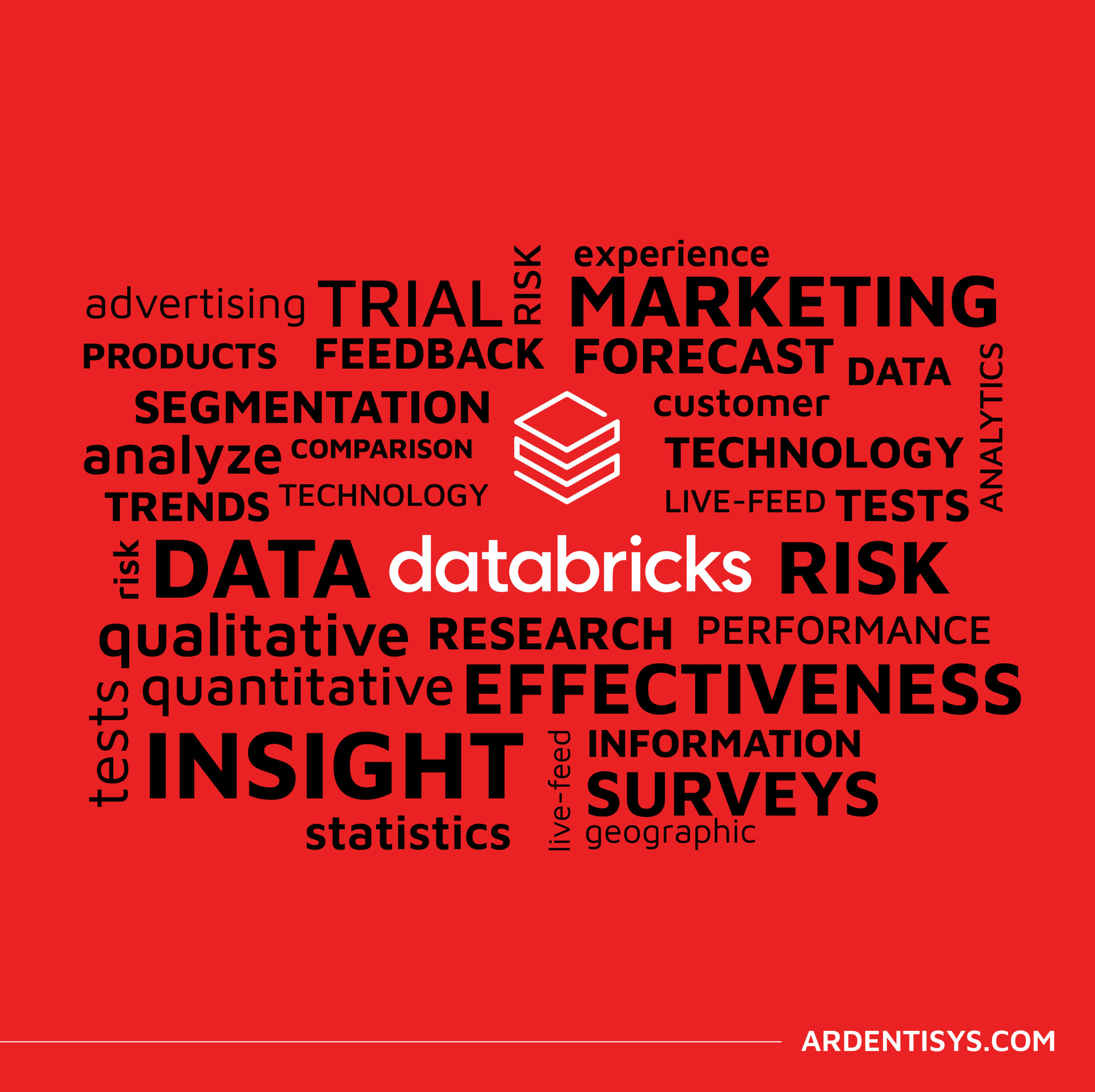Native mobile app development – how to get it right
10 February 2023 | Noor Khan

Native app development tends to provide fast, responsive developments, due to the fact that they are built for the specific OS and compiled using that platform’s core programming language and APIs – this can allow for native apps to run more efficiently and operate at higher standards than cross-platform alternatives.
Pros and cons of native mobile app development
There are good reasons for and against taking a native approach, and these should be carefully considered to identify the best process for your project.
Pros of native mobile app development
Single platform release allows for targeted marketing and sales focus - The Apple iStore currently dominates the market in terms of sales, even though Google Play generates the largest amount of downloads. By carefully selecting the right platform and release, the profitability and success of the app can be improved.
App security can be designed directly into the project - Because there is only one structure to work with, security elements and design can be coded directly into development, rather than added later.
Operational stability is increased - With only one type of software coded for, the development of the project is specific to that platform, which means it can utilise the full functionality of the platform and do so with greater stability.
Cons of native mobile app development
Developing for a single platform can be expensive - If you later decide you want to do a cross-platform release but have focused all of your efforts on one platform, there will be considerable extra costs, compared to making a development cross-platform initially, and it may take extra time which you would not have needed to spend if the project was designed to succeed across multiple platforms and applications.
Platform restrictions can limit functionality - If you are having to build a program with certain hard-coded restrictions in place, the project may have less functionality than it would have done if it was created with a different method.
Time-consuming – It will take considerable time to develop apps individually for both Operating Systems, hence the increase in costs as compared to cross platform.
Best native technologies for your project
The type of technology you use for your project will depend on what platform you have selected, and what the native coding language and process is for that platform.
For Apple iOS, you will most likely be looking at:
Swift – An open-source programming language developed by Apple for use with iOS, Mac and other Apple products.
Objective-C – The original iOS programming language (much of the core iOS software is written in Objective-C), this legacy coding language is slowly being phased out in favour of Swift.
On other platforms, you may find a wider choice of tools and software to use, as they can be developed with different coding languages and have a somewhat more loosely defined idea of being ‘native’.
HTML5 and JavaScript are useful for creating mobile apps, as they are often cheaper and easier to handle with the software and utilise coding languages that are widely used on iOS and Android.
An alternative approach to native app development
An alternative to native mobile app development is the cross-platform approach or the use of non-OS-specific software for your mobile app development. This allows for flexibility in the projects, quick changes if new technology makes an existing process obsolete, and the option to make the project widely available with relatively little additional cost. All of these app development approaches will depend on what you are doing with your app, and who you want to get it in front of.
Ardent mobile app development
A well-developed app can help organisations increase exposure to reach a wider audience, generate higher engagement, and drive sales. If you want to build an app that is built with your target audience in mind, with a focus on user-friendliness, appealing visuals and robust security, we can help. Our team of mobile app developers have delivered excellence for several clients with seamless-to-use, visually stunning and highly secure apps. Read about our clients succeeding with their mobile apps, built by the Ardent team:
- Innovative, user-friendly mobile app with gamification features to improve research efforts for a pharmaceutical company
- Helping a client expand their product portfolio with an app to automate warehouse management
- Brand consistent, highly engaging mobile app for a market research firm
Get in touch so we can help you bring your vision to life or explore our mobile app development services.
Ardent Insights

Overcoming Data Administration Challenges, and Strategies for Effective Data Management
Businesses face significant challenges to continuously manage and optimise their databases, extract valuable information from them, and then to share and report the insights gained from ongoing analysis of the data. As data continues to grow exponentially, they must address key issues to unlock the full potential of their data asset across the whole business. [...]
Read More... from Native mobile app development – how to get it right

Are you considering AI adoption? We summarise our learnings, do’s and don’ts from our engagements with leading clients.
How Ardent can help you prepare your data for AI success Data is at the core of any business striving to adopt AI. It has become the lifeblood of enterprises, powering insights and innovations that drive better decision making and competitive advantages. As the amount of data generated proliferates across many sectors, the allure of [...]
Read More... from Native mobile app development – how to get it right

Why the Market Research sector is taking note of Databricks Data Lakehouse.
Overcoming Market Research Challenges For Market Research agencies, Organisations and Brands exploring insights across markets and customers, the traditional research model of bidding for a blend of large-scale qualitative and quantitative data collection processes is losing appeal to a more value-driven, granular, real-time targeted approach to understanding consumer behaviour, more regular insights engagement and more [...]
Read More... from Native mobile app development – how to get it right






